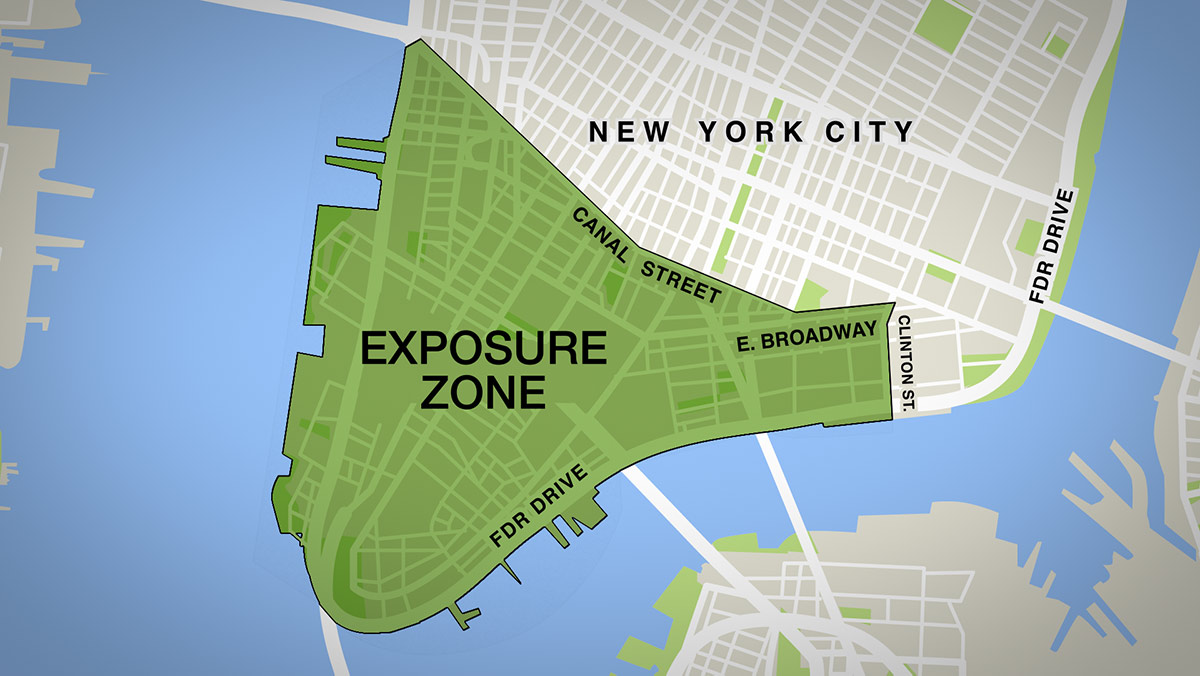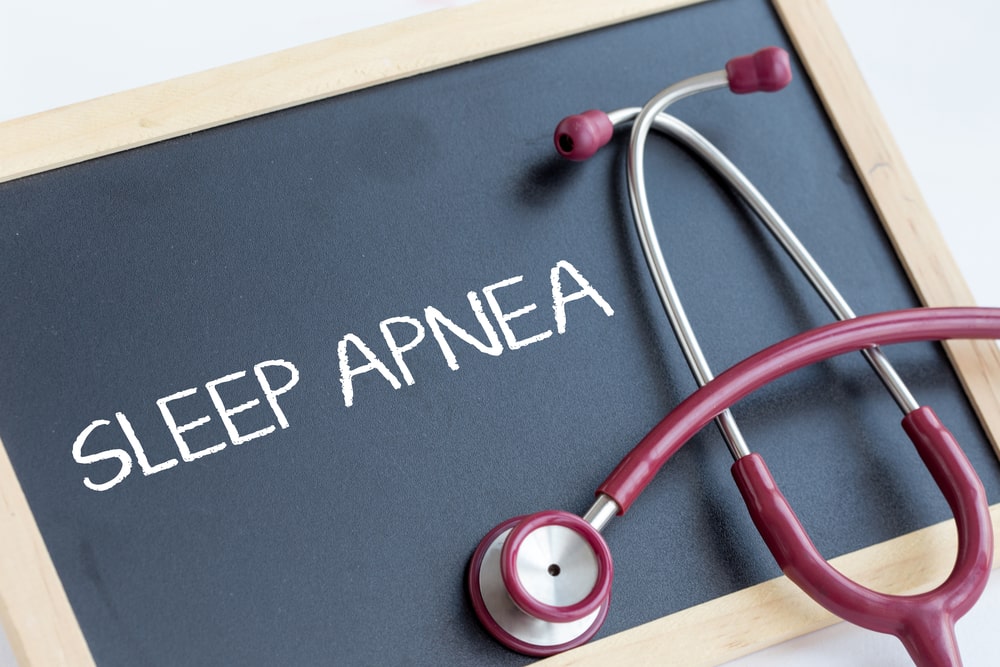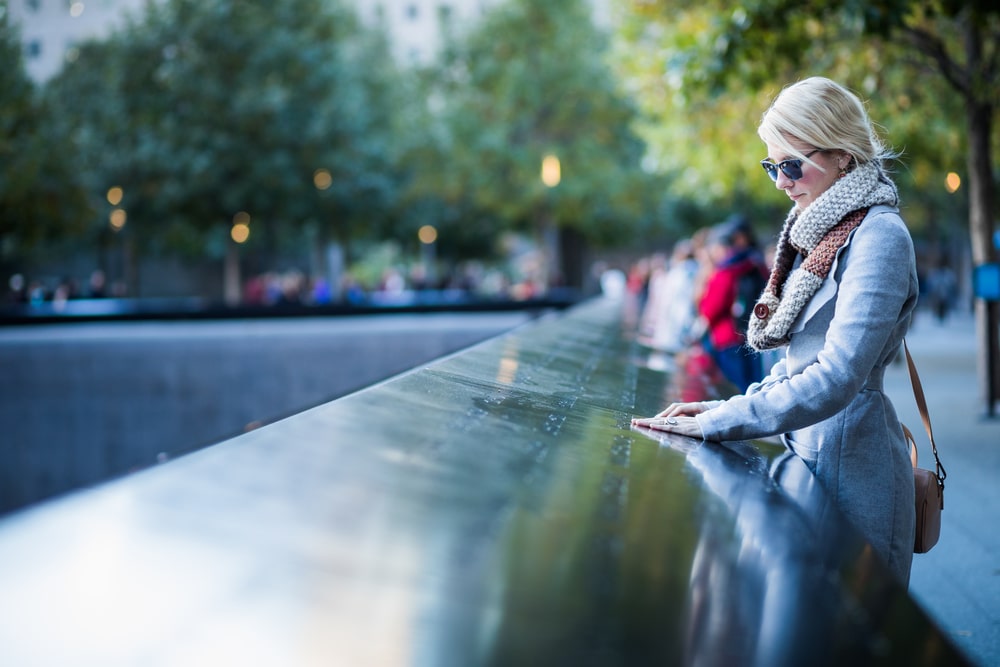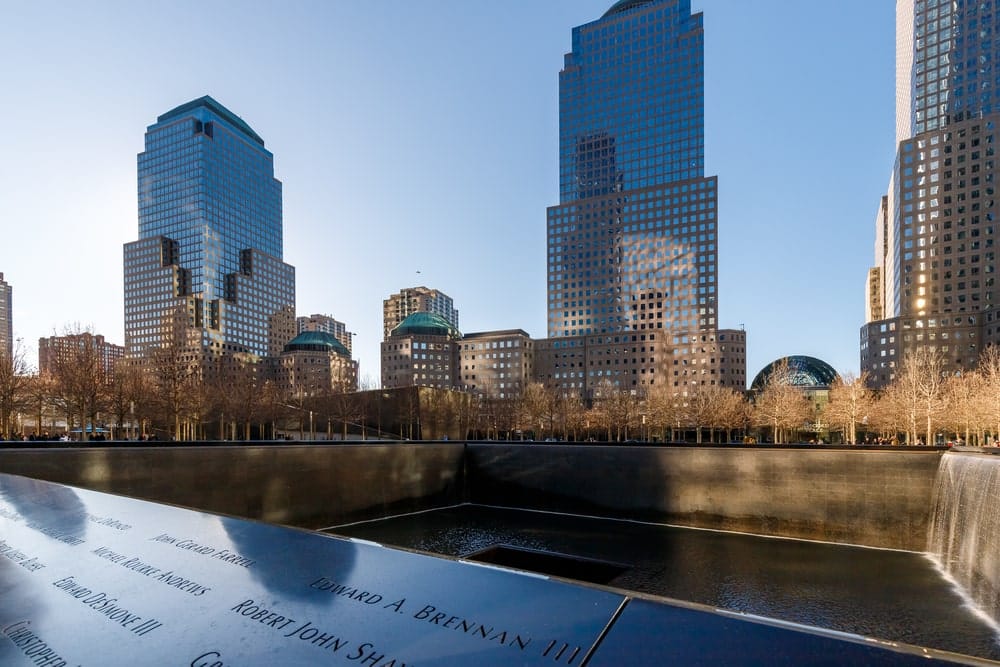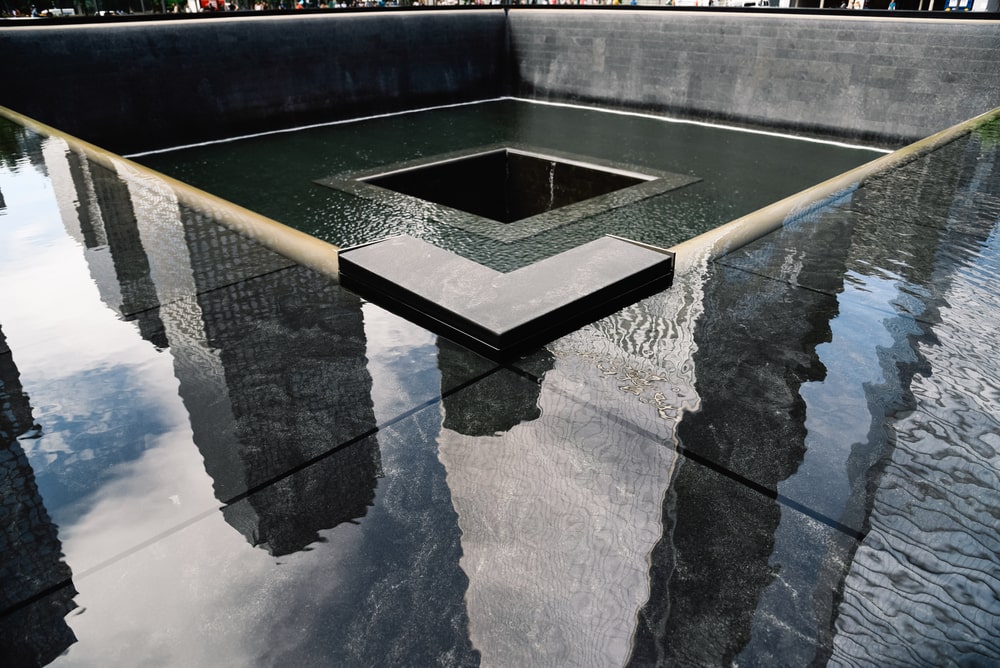
Few people imagined when the planes hit the buildings on September 11th that more people would perish in the next two decades from the effects of the toxic dust than from the attacks themselves.
Yet that is the case, with cancers and breathing disorders accounting for thousands of lives since 9/11. The 9/11 Victim Compensation Fund (VCF) was set up to provide families who have lost loved ones from these conditions to claim wrongful death compensation for their losses.
The establishment of this fund was a significant change from how large-scale tragedies were managed, greatly impacting how victims claimed support and personal injury compensation and how wrongful death claims were processed in New York.
Even if a loved one died a long time ago or someone with a 9/11-related condition died of an unrelated health issue, families may still be able to claim compensation. Let’s look a little closer at the impact of the VCF—and how, alongside the World Trade Center Health Program (WTCHP), it continues to provide relief for victims and their families.
The history of the 9/11 Victim Compensation Fund
In the years following the 9/11 attacks, increasing numbers of first responders, residents, workers, students, and others exposed to the toxic 9/11 dust were diagnosed with breathing and digestive conditions, and multiple types of cancers, including lung cancer, breast cancer, prostate cancer, skin cancer, and colorectal cancer.
It was clear from examining the dust that numerous toxic substances were present and that many adverse health conditions resulted directly from exposure to the 9/11 dust and fumes. These were inhaled for long periods by hundreds of thousands of people in the New York City (NYC) Disaster Area, as well as the Pentagon and the crash site in Shanksville, PA—for months after the attacks.
James Zadroga was a particularly high-profile first responder who succumbed to his conditions after breathing in the dust and fumes at Ground Zero while helping in the cleanup efforts.
Eventually, the James Zadroga 9/11 Health and Compensation Act was enacted, paving the way for the creation of the September 11th Victim Compensation Fund and the World Trade Center Health Program.
These programs offered medical monitoring and treatment to victims who fell sick after the attacks, as well as financial support to victims and their families affected by these conditions.
Standardly, the litigation process for claiming compensation in personal injury lawsuits is lengthy and complex. There is a need to prove negligence in a traditional wrongful death suit, which can be challenging, especially when the defendant hires expert lawyers.
The formation of the two programs removed much of this burden on victims. The programs made it easier for 9/11 victims to claim disaster relief and compensation, providing a direct “shortcut” to the necessary assistance for many people considered national heroes for helping the country recover after the attacks.
The World Trade Center Health Program
Congress created the WTC Health Program to provide medical monitoring and treatment for certified WTC-related health conditions.
A long list of health conditions is covered by the program. For these conditions, no out-of-pocket costs apply to anyone directly affected by the 9/11 attacks in New York, the Pentagon or Pennsylvania.
If losses have been incurred by anyone with a certified WTC-related health condition or the victim has already passed away from such a condition, compensation can be sought by victims or their families without the usual delays associated with the personal injury litigation process.
Who qualifies for the Victim Compensation Fund?
Many workers and volunteers performed rescue, recovery, clean-up, and other support services in the disaster areas after 9/11. However, the Victim Compensation Fund is available to other individuals and their families besides these heroic responders.
Compensation is available to families who lost loved ones who lived, worked, or went to school in Lower Manhattan south of Canal Street between 9/11 and May 30, 2002.
The VCF is unparalleled in terms of its scope, inclusiveness, and comprehensive recognition of the diverse group of individuals negatively impacted by the events of 9/11.
While the hope is that the country will never experience a tragedy of this magnitude again, the response may have set an important benchmark for how wide-reaching national tragedies are treated in the future.
Let’s briefly take a closer look at the three main groups of people who qualify for compensation from the VCF:
Wrongful death claims associated with the Victim Compensation Fund
The family or personal representative of the deceased victim can file a wrongful death claim with the VCF, seeking compensation for the loss of life, potential future earnings, and the suffering endured by both the victim and their loved ones.
Unlike with a standard wrongful death suit, it is not necessary to prove negligence in such cases, but it is required to prove that the victim had a 9/11-related condition and was present in the exposure zone during the designated period.
The VCF award usually consists of two parts, calculated separately:
- A personal injury award, which covers losses incurred by the victim during their lifetime, varying according to the extent and severity of their condition.
- A wrongful death award, which compensates the family of the survivor/responder for the harm they suffered from losing their loved one.
If a loved one’s 9/11-related disability caused a reduction in wages, income or pension benefits before their death, this can also be compensated by the fund.
Under the Zadroga Act, certain presumed amounts are awarded for non-economic losses, such as pain and suffering from the 9/11-related condition. An additional $250,000 will be awarded in the wrongful death award, plus $100,000 to their spouse and each dependent.
Wrongful death claims for deaths unrelated to 9/11 conditions
If a responder or survivor was suffering from a 9/11-related condition but passed away because of a non-related condition, this can also be compensated by the VCF.
For instance, if a loved one had lung cancer but died of a heart attack, a wrongful death claim can be filed with the fund and the family can expect compensation—but a reduced sum than if the victim’s 9/11-related illness was the direct cause of death.
To discuss your situation and learn more about how we may be able to help you, please call Weisfuse & Weisfuse, LLP at 332-239-2238 or contact us online to schedule a free consultation.


